Agenda
03 December 2024
)
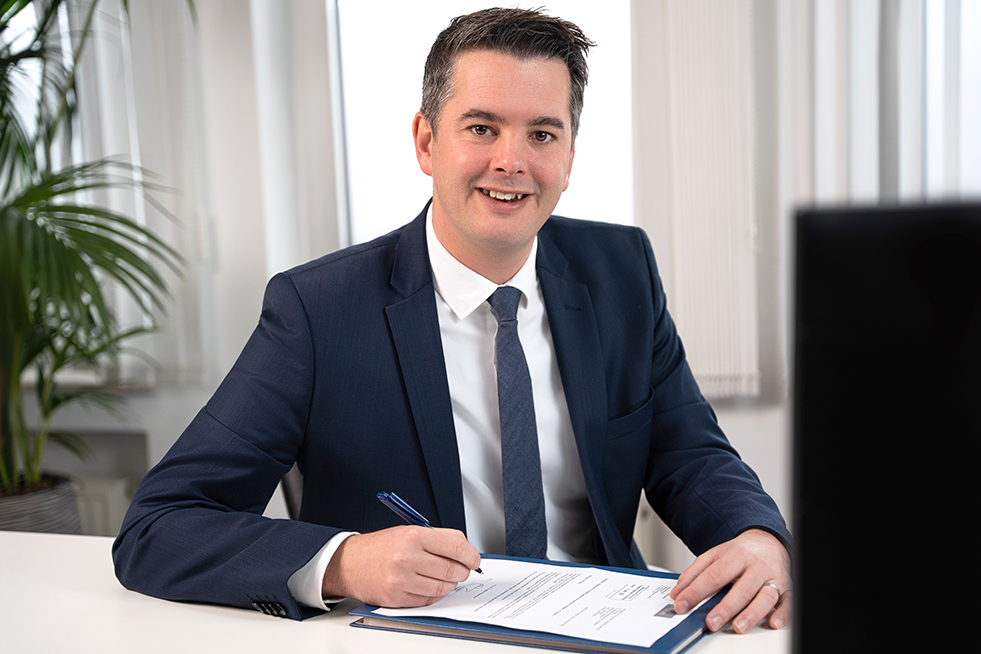)
Opportunity is just over the horizon as launch costs decrease and we begin to visualize what low earth orbit will look like in a post-ISS future. Beyond being the center of human spaceflight, the ISS has been the testbed for thousands of experiments expanding our understanding of materials, pharmaceuticals, biological processes, and so much more. The value of this research and its impact cannot be understated. As we look to the future, we must consider how to expand research opportunities, provide the path towards commercialization, and move towards a self-sustaining space economy.
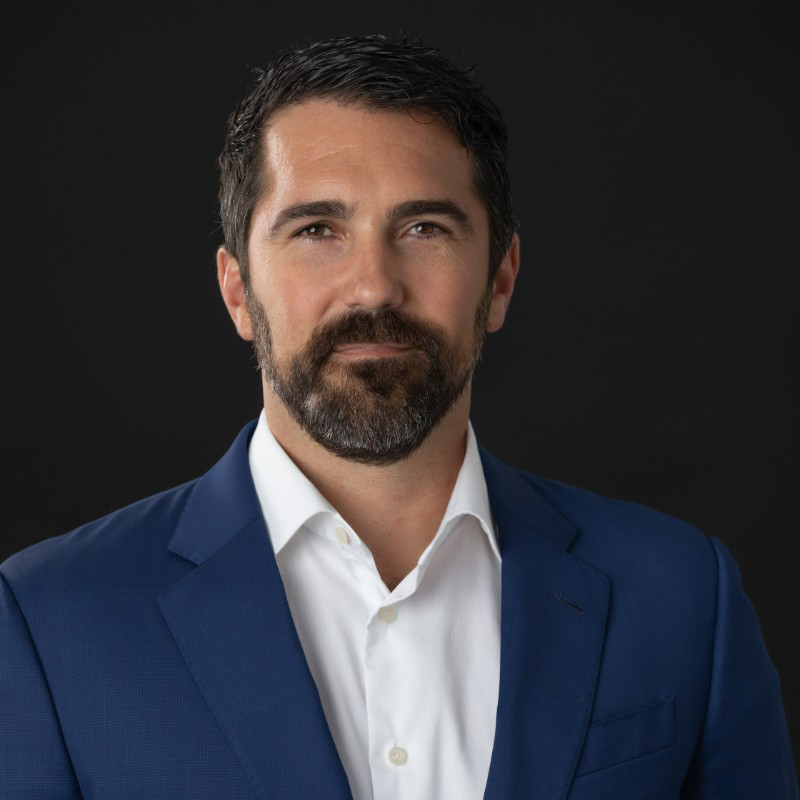)
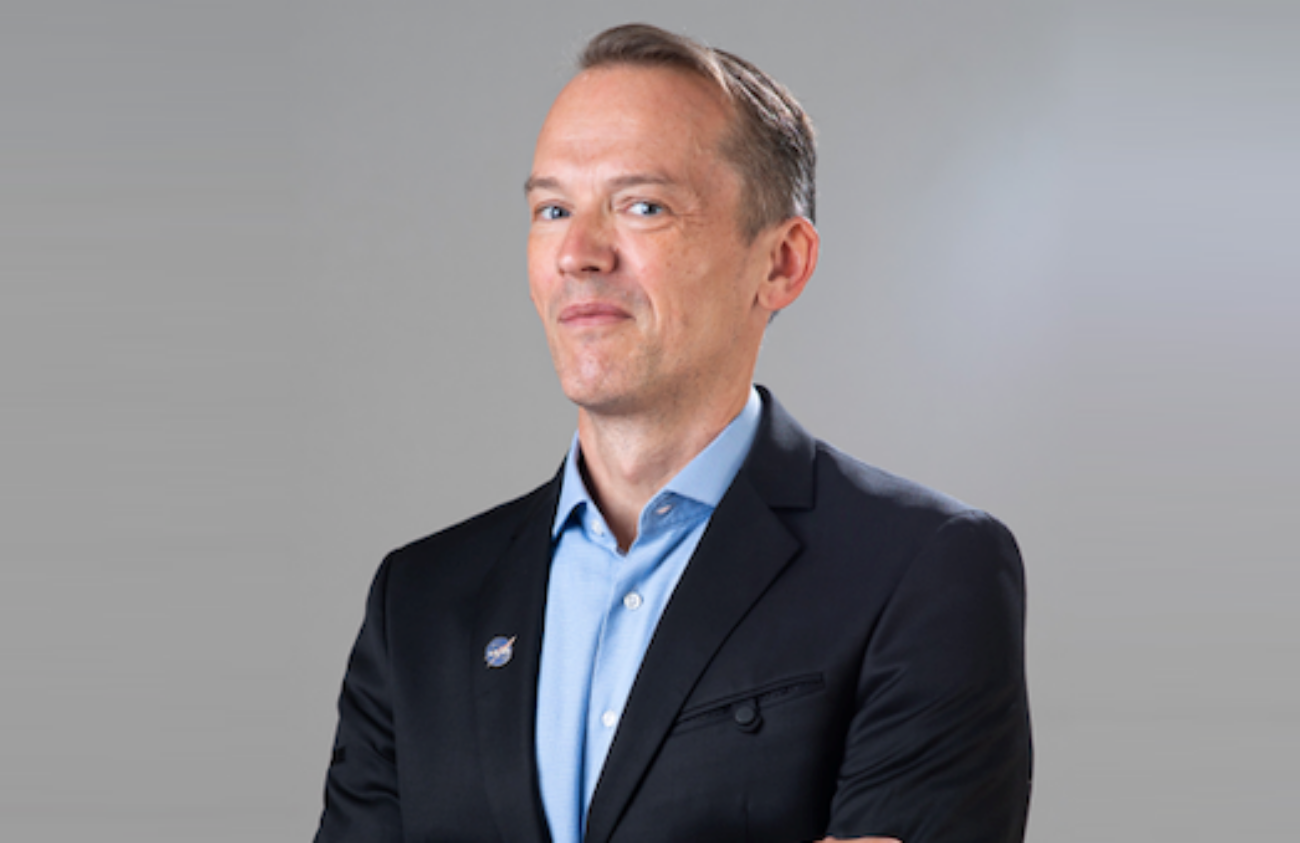)
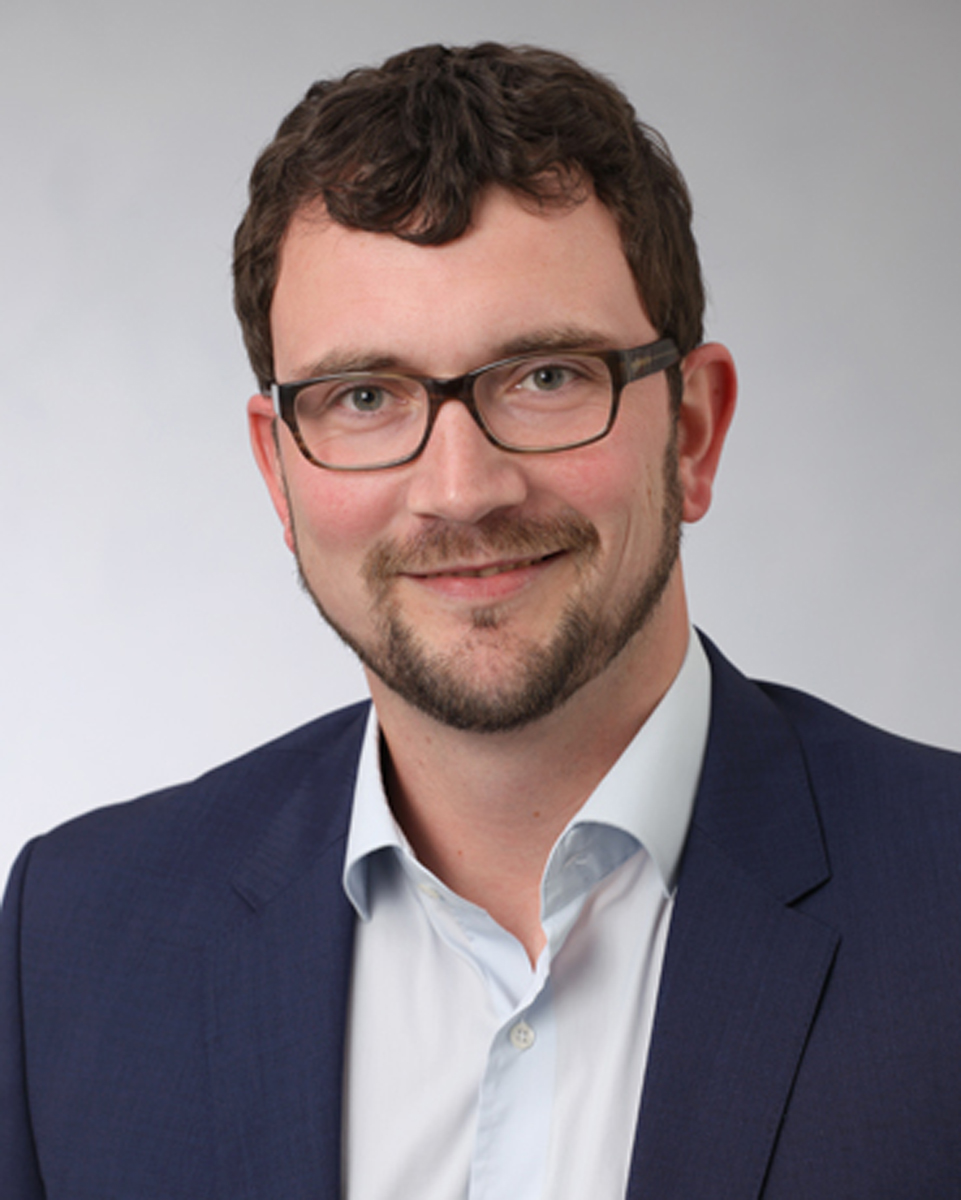)
)
Modern mine sites are surveyed with a variety of technologies, such as LiDAR, GPS and drones. While each of these methods has pros and cons, and varying suitability depending on the size and topography of the mine site, many traditional surveying techniques are resources intensive and provide an accuracy and reliability that may not always be ideal. Drone surveys, for instance, can only cover a few square kilometers in one day, with high overall costs. How has space technology been able to provide a safe and cost-effective solution to these challenges? Andrea Krupa, president and director of PhotoSat, will be discussing the topic on Newspace’s Europe stage.
)
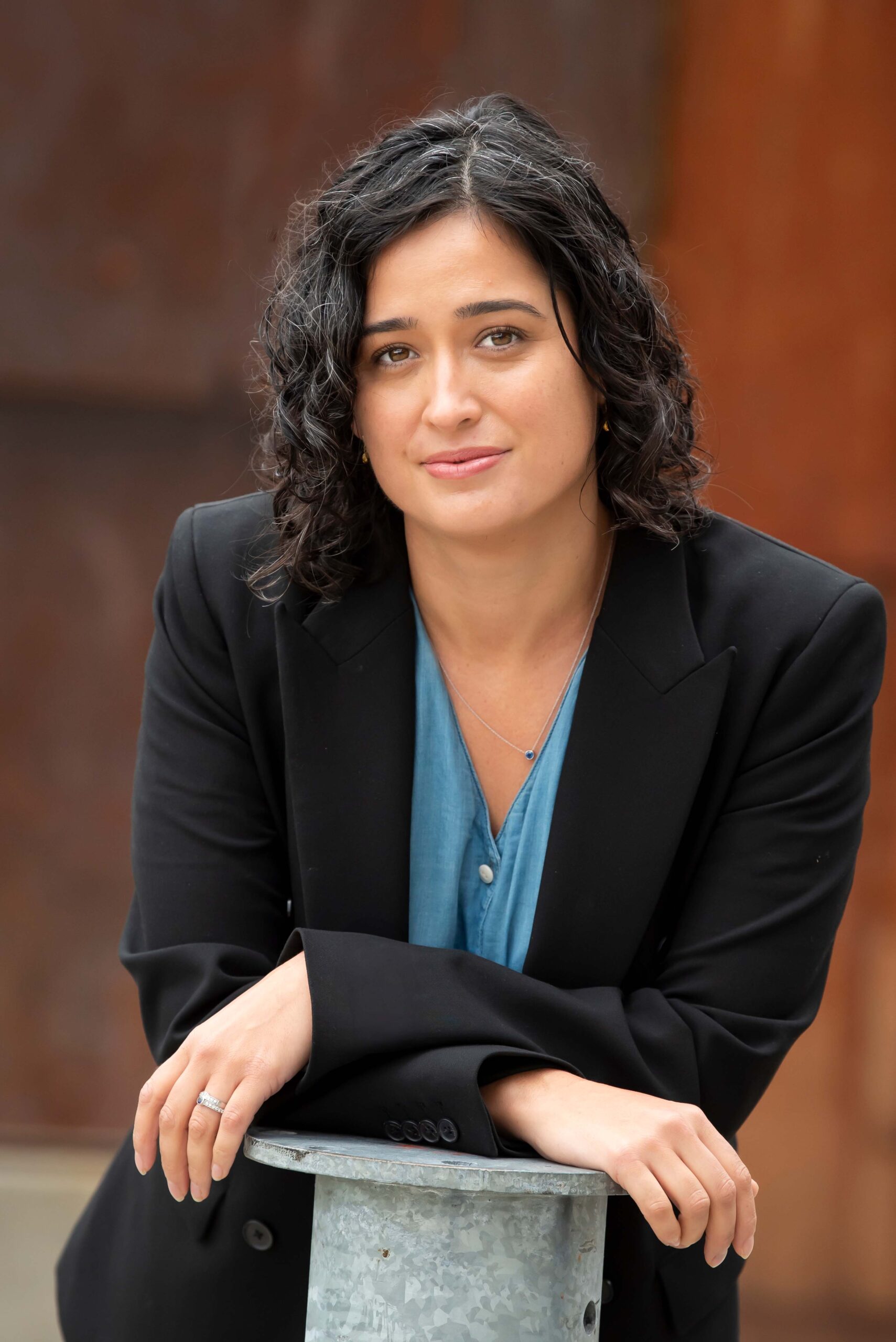)
The climate change and the consequences from air and sea pollution, loss of biodiversity and deforestation are causing a strong pressure on industries to adopt sustainable growth policies and foster a green recovery. The financial sector, as an important global player, has been committed in recent years to playing a decisive role in the transition towards a sustainable economy. Sustainable Finance, through the integration of ESG (Environmental, Social and Governance) factors in investment and decision-making processes, has made important progresses in recent years. Historically, the main sources of ESG data have been voluntary disclosures by the companies themselves. Although this practice has proved ineffective, and the potential held by satellite technologies to support the system and verify the accountability of companies is becoming more and more well known, bridging the gap between Space and Finance still seems to be quite a challenge. Why is it so, and does finance really need space data?
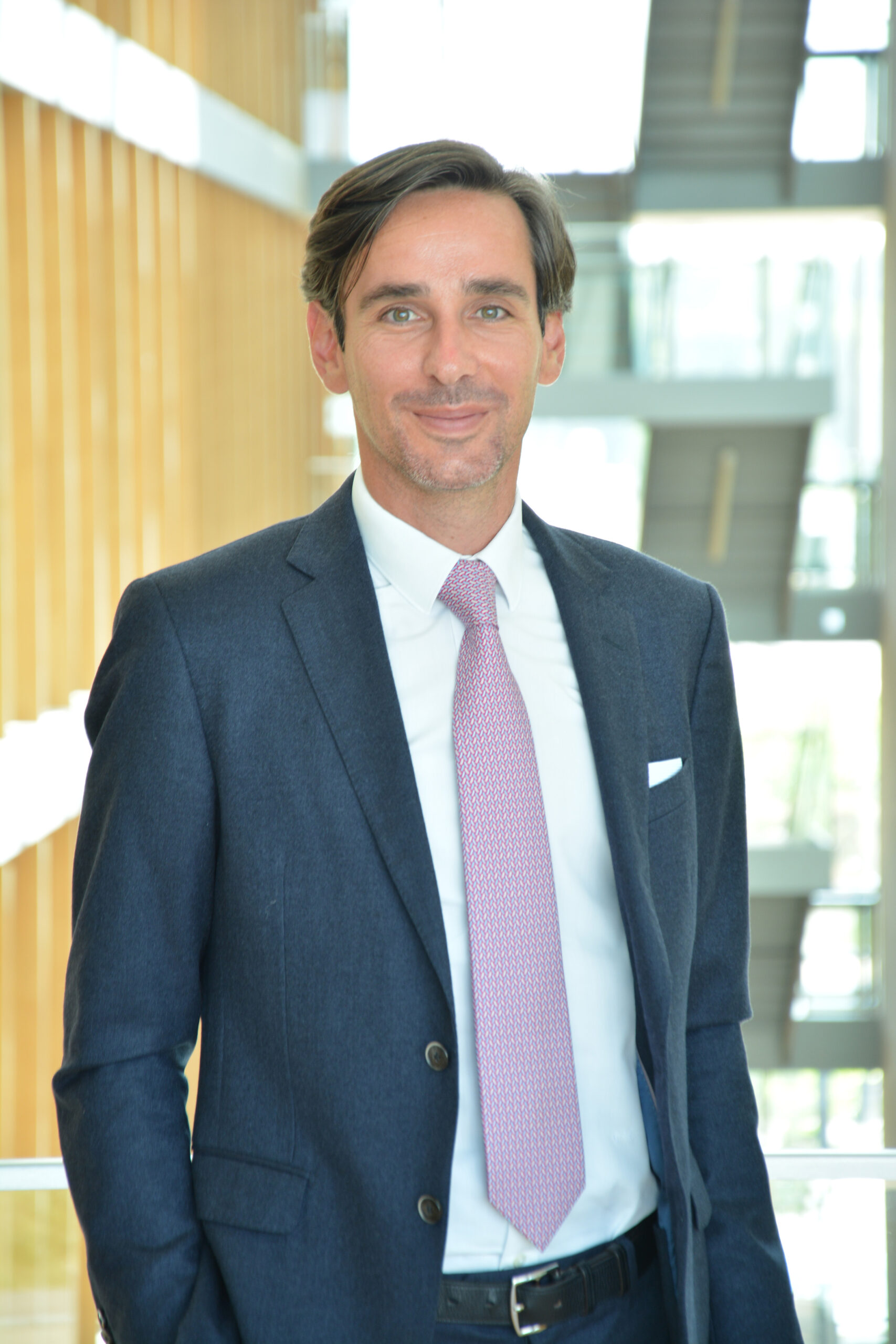)
)
The EU has developed a world-class space sector, including strategic assets, capabilities, and technical competences comparable with the ones of other space powers worldwide. But despite this know-how, Europe is losing ground in the Space Sector. What should be done and is there a way forward for Europe in space?
)
)
)
Celebrate the accomplishments of the startups in Batch 3 of the CASSINI Business Accelerator. This Demo Day offers an inside look at the progress these companies have made, from product development to commercial and market readiness. Hear directly from founders as they present their solutions, built to address critical needs in space and related industries. This session provides a straightforward opportunity to connect with top European space companies and explore emerging technologies shaping Europe’s space sector. Join us for a clear and insightful look at the future of space innovation.
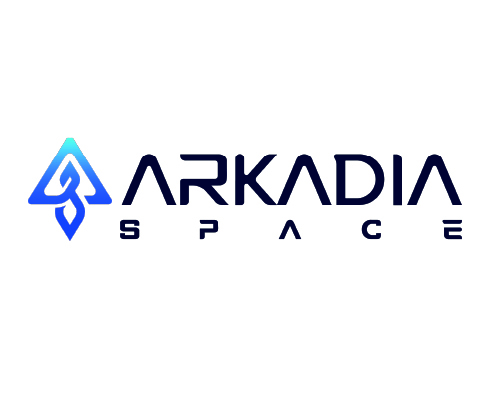)
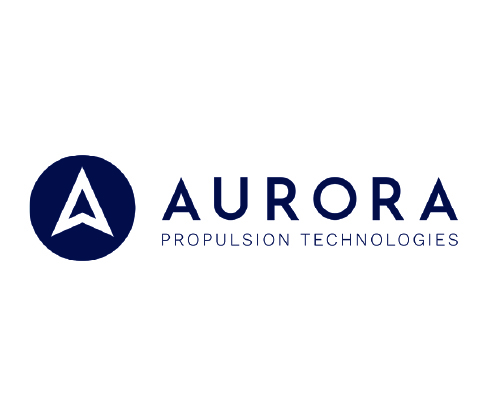)
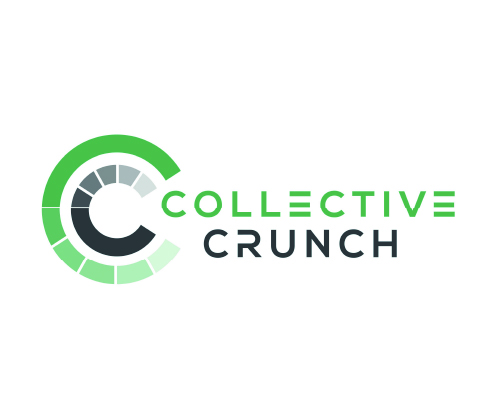)
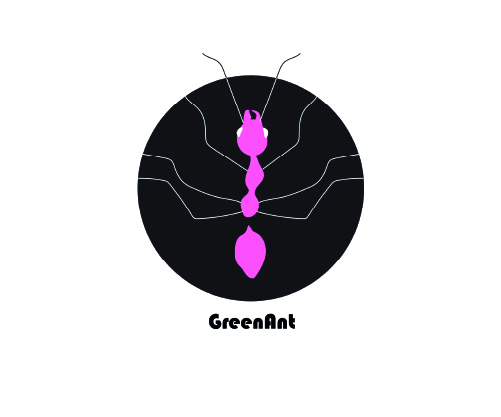)
)
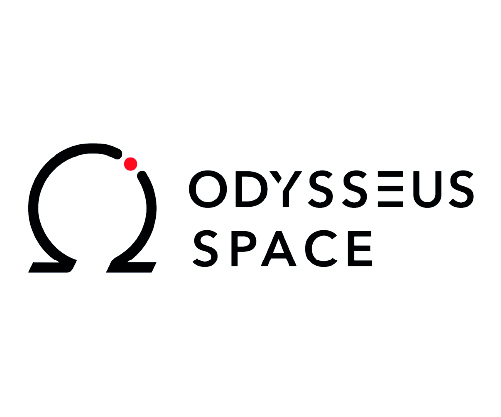)
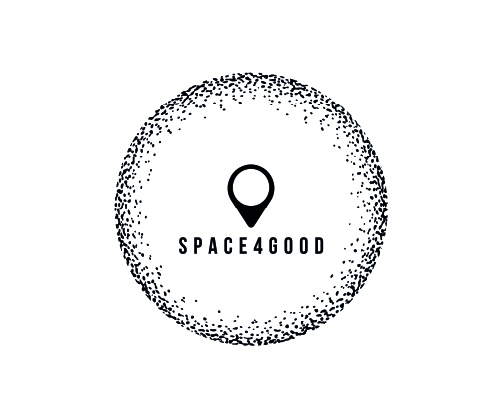)
)
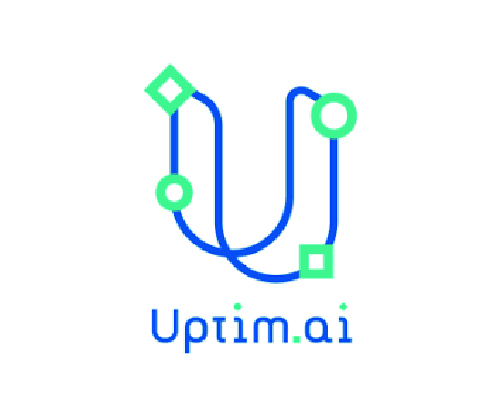)
)
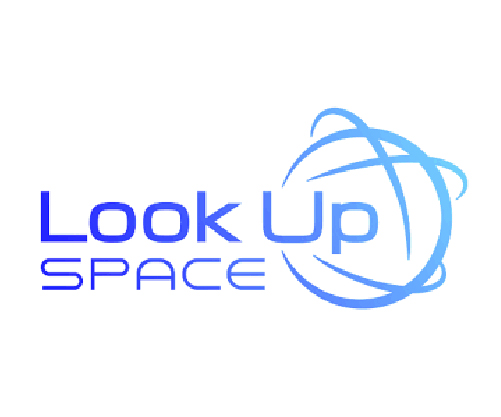)
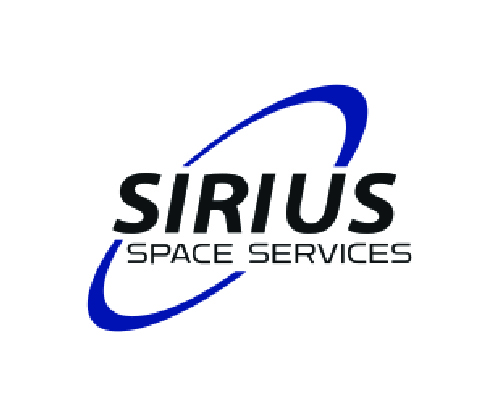)
Presentation of the Inner Universe Art work by Dr Wolfgang Steffen
The Fourth Industrial Revolution, as described by the World Economic Forum, anticipates a future where billions of people are connected through mobile devices, empowered by unprecedented processing power, vast storage capacity, and seamless access to knowledge. Satellite communications, particularly IoT technology has a key role to play in bridging the connectivity gap. What technological evolutions will make it possible for satellite communication to meet the increasing user demand? How will enhanced connectivity disrupt terrestrial activities, and what are the challenges to be tackled for the years to come? How can satellite connectivity help unleash all the potential of this new era of connectivity?
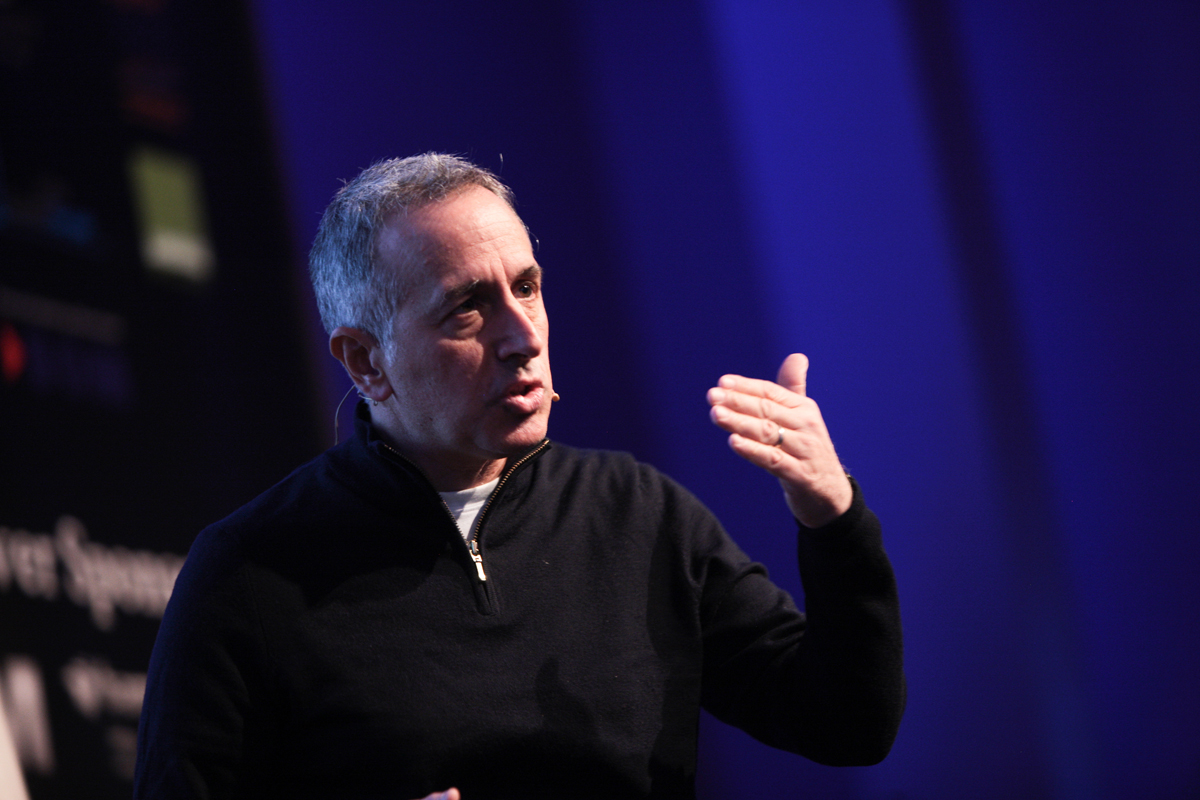)
)
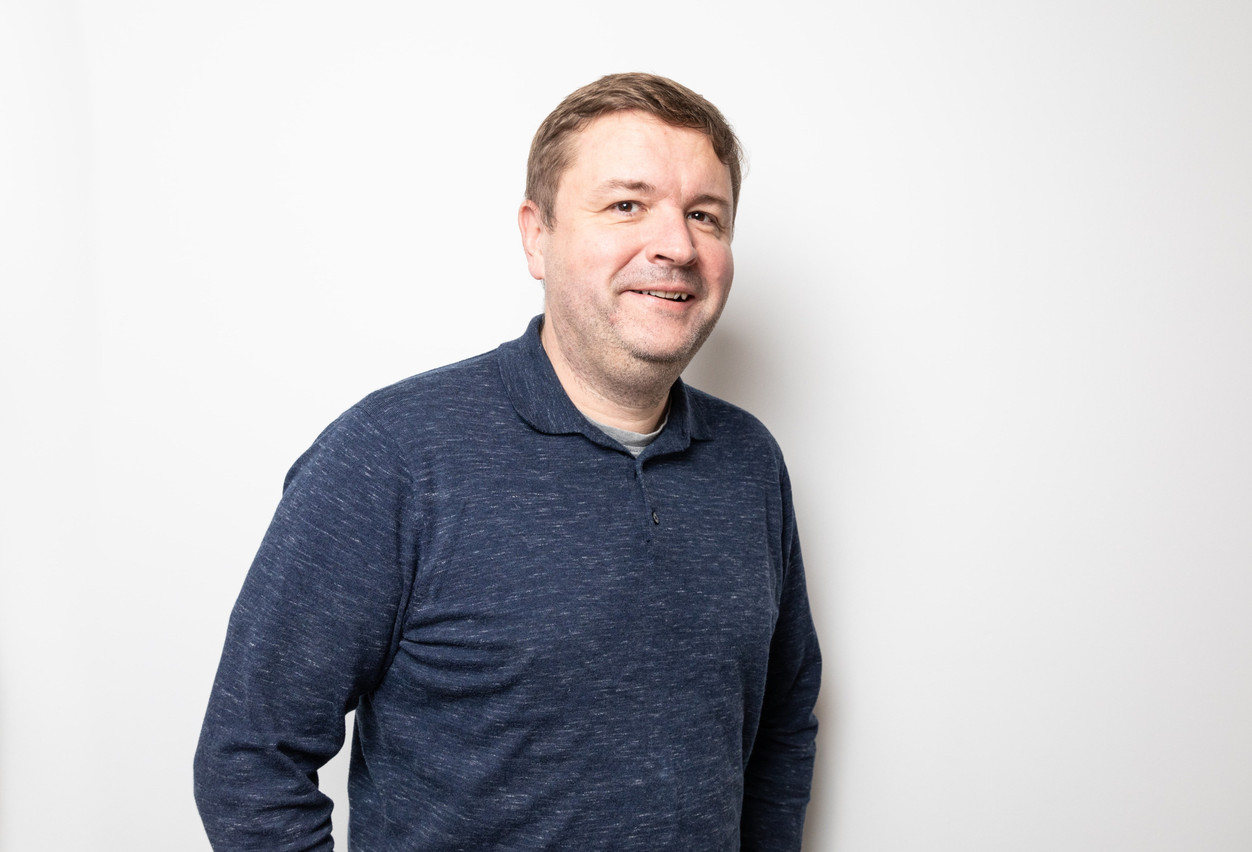)
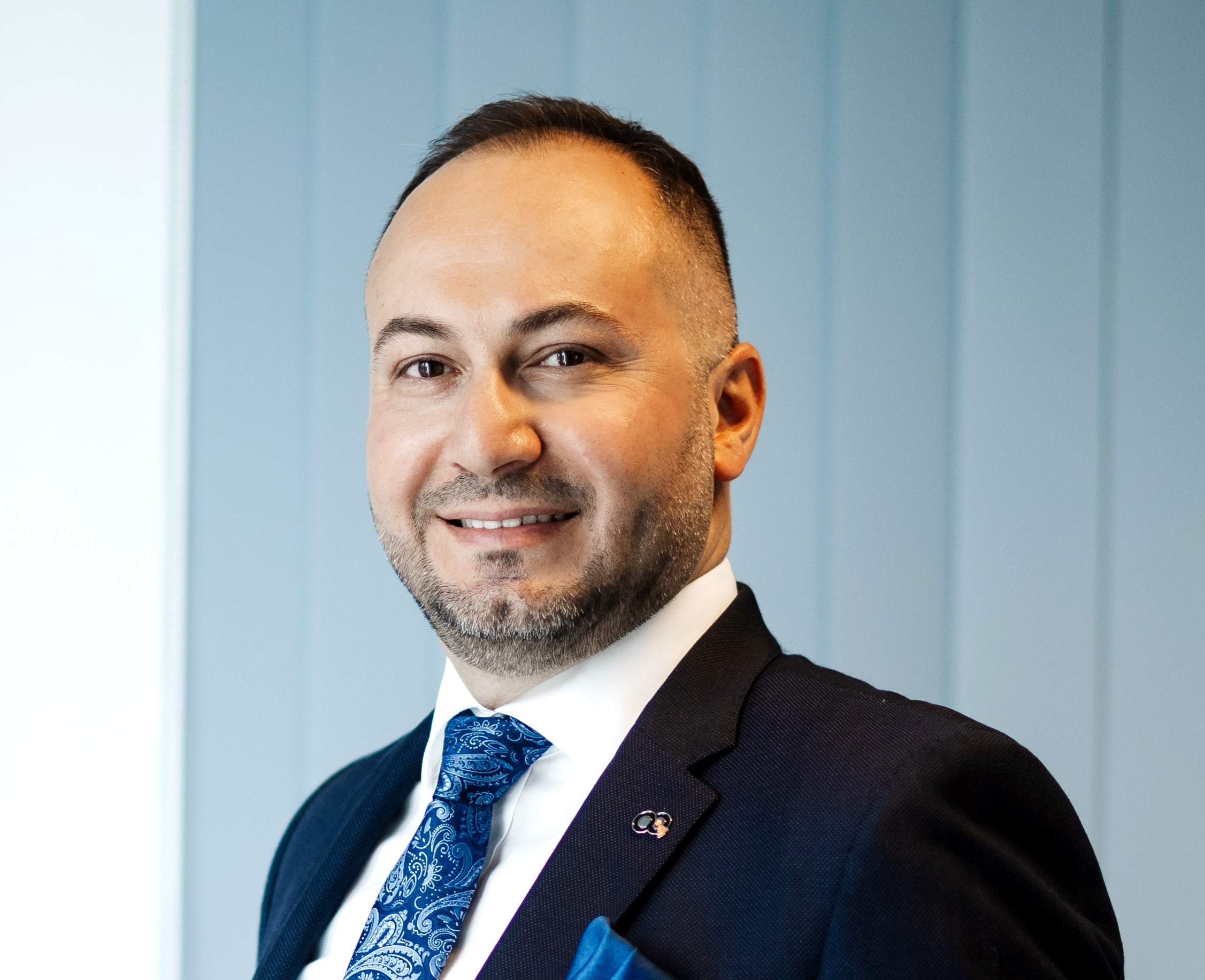)
)
)
As the space industry evolves, the ability to quickly and cost-effectively reach orbit is becoming a game-changer for both commercial and government missions. The international context has shown how important getting an independent access to space is for Europe. At the same time, the competition is fierce and technological advancements shown by SpaceX are going at a never-seen pace. Where does Europe stand today, and what future do we foresee for the launch market ?
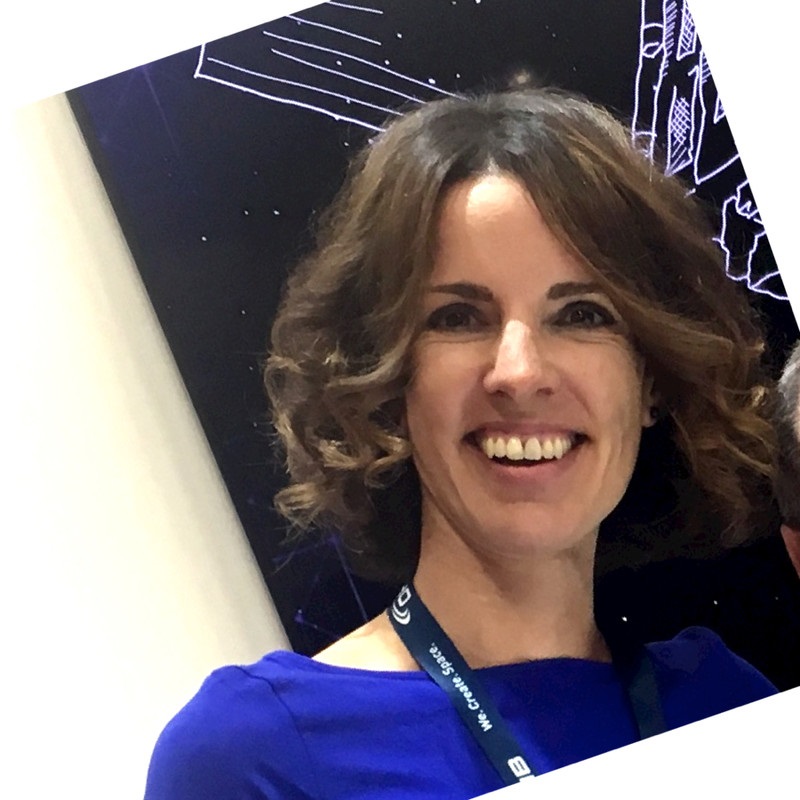)
)
The future of commercial space stations seems to be poised for significant growth. What will be the role of technological advancements, private investment, public-private partnerships or regulatory frameworks in developing new generation hubs for scientific research, manufacturing, tourism, and habitation?
)
)
)
)
Agriculture is both a major cause and casualty of water scarcity. Farming accounts for almost 70 percent of all water withdrawals, and up to 95 percent in some developing countries. How can Space enable growers to farm more efficiently - using less water and fewer pesticides thus being instrumental in solving water scarcity and food production challenges? Pieter Fossel, CEO of Hydrosat, will present the potential of thermal infrared temperature data with practical cases.
)
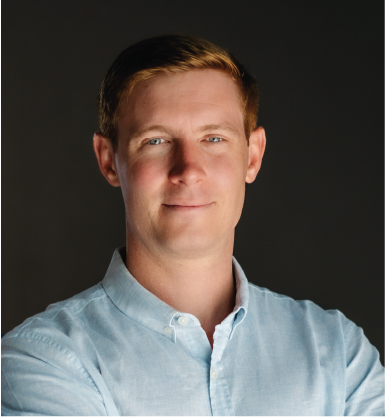)
Embracing a childhood dream, changing the world, making the most of a booming economic sector. there are many reasons to start a space business. But let’s face it, space is hard, and a (good) idea is not enough. So, what does it take to get launched in space? That’s what will be discussed reflecting on experienced panellists who accompanied start-ups along their journey towards space.
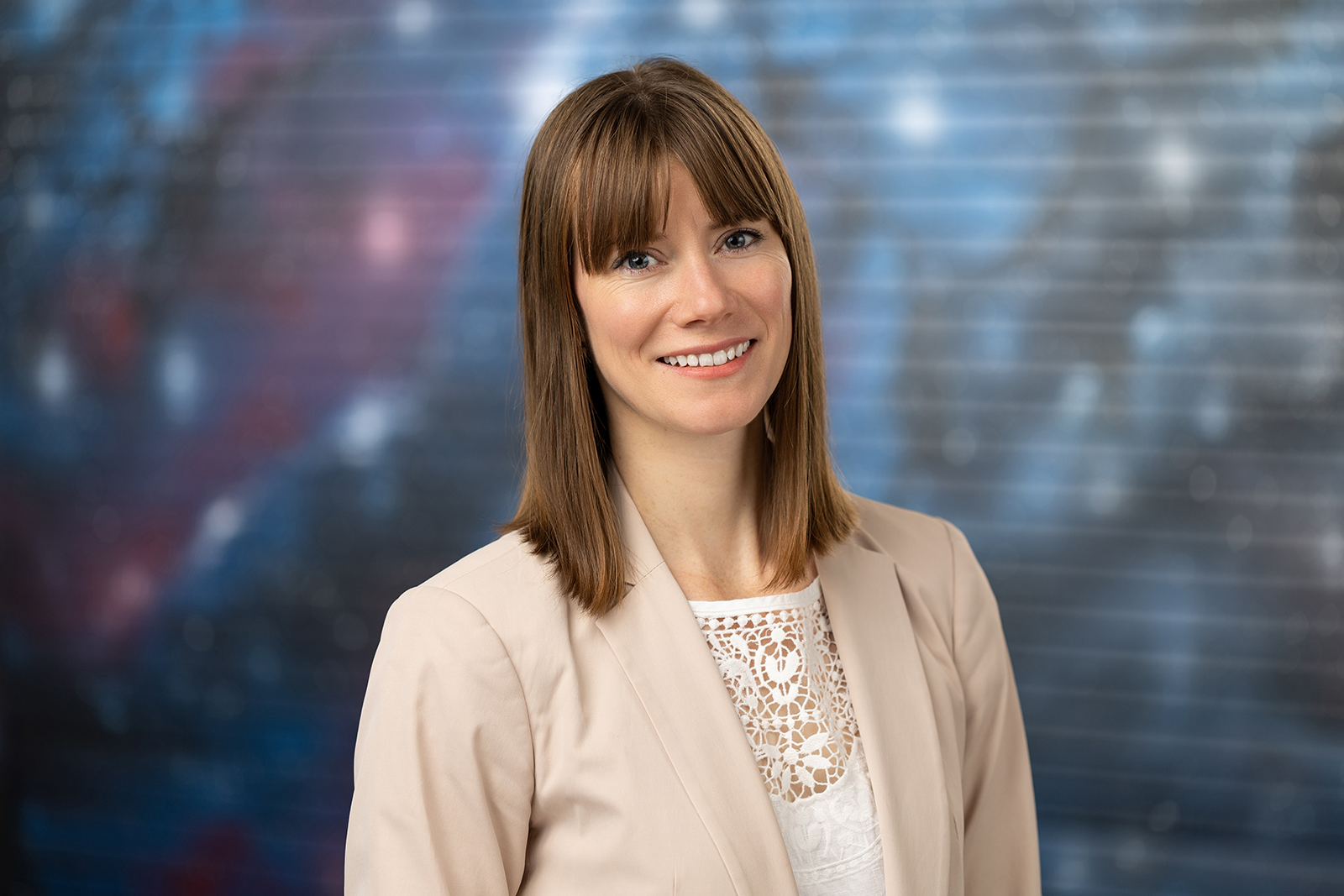)
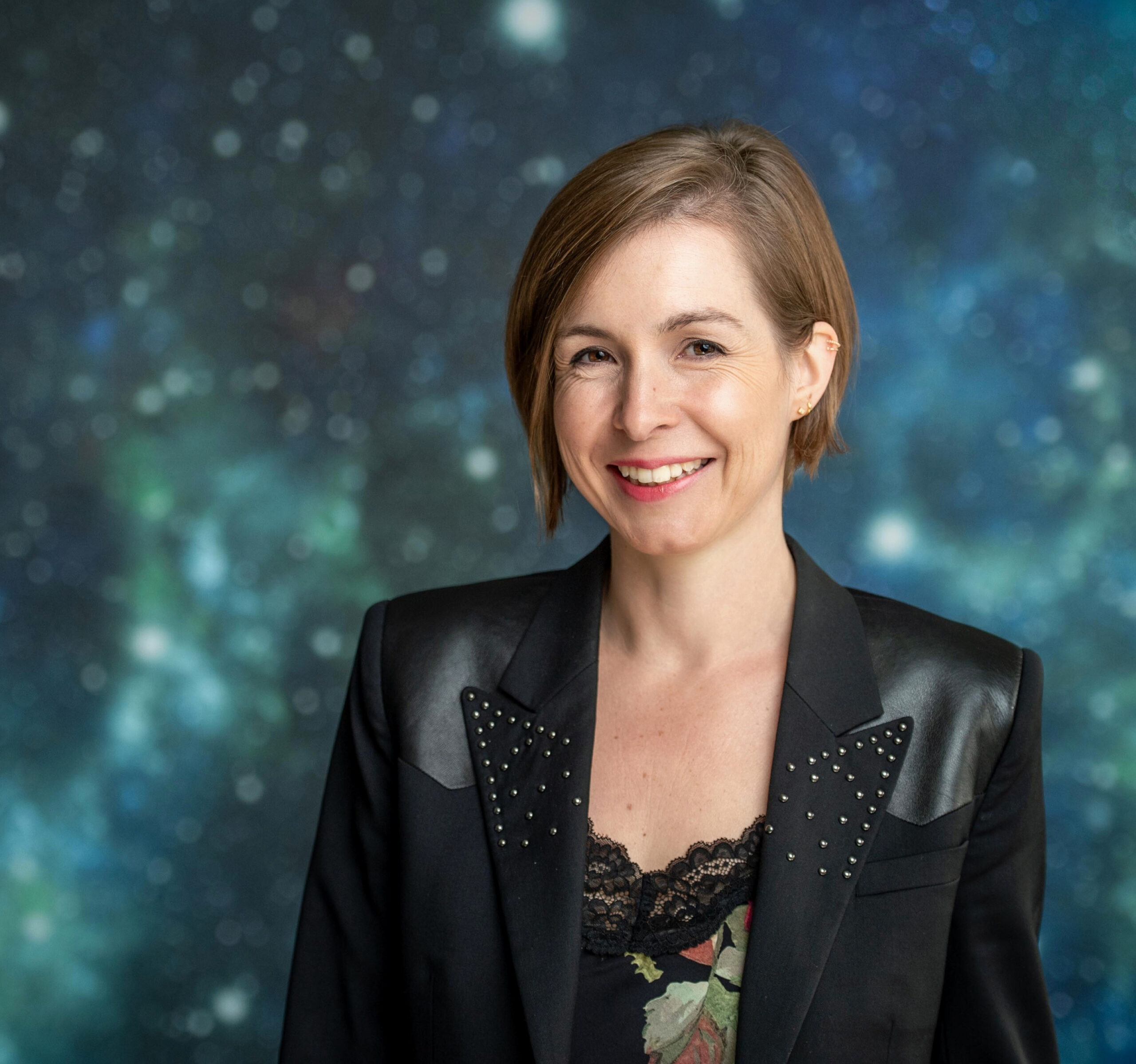)
)
)
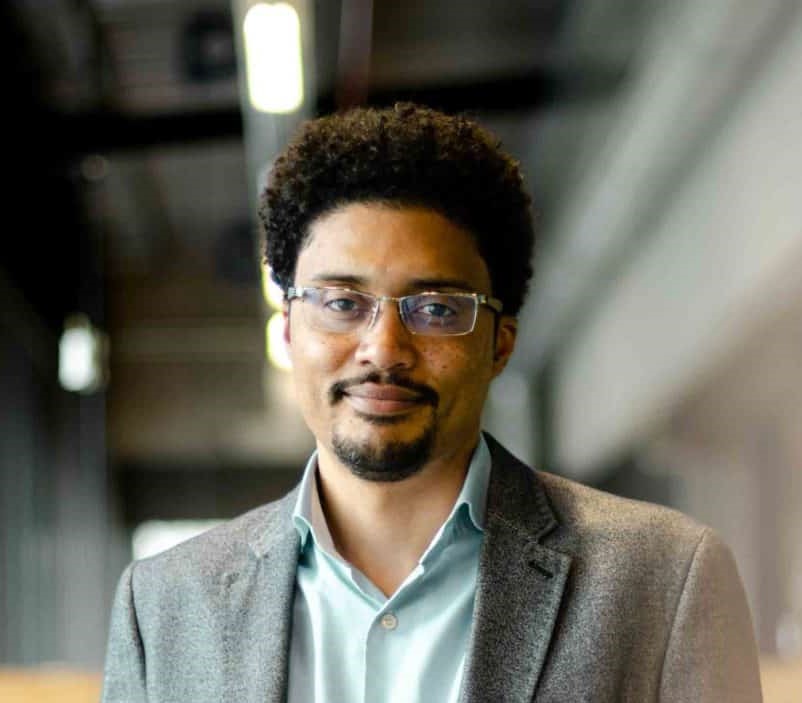)
Artificial intelligence and machine learning can be used in so many ways to impact our everyday lives, inform business decisions and optimize operations for some of the world’s leading companies. This panel will discuss how can AI and ML be implemented into new space technologies, and how can professional in this field switch to space. This panel is a collaboration between LSA and WeSTEM+, and with it we would like to encourage women to consider Space as future career!
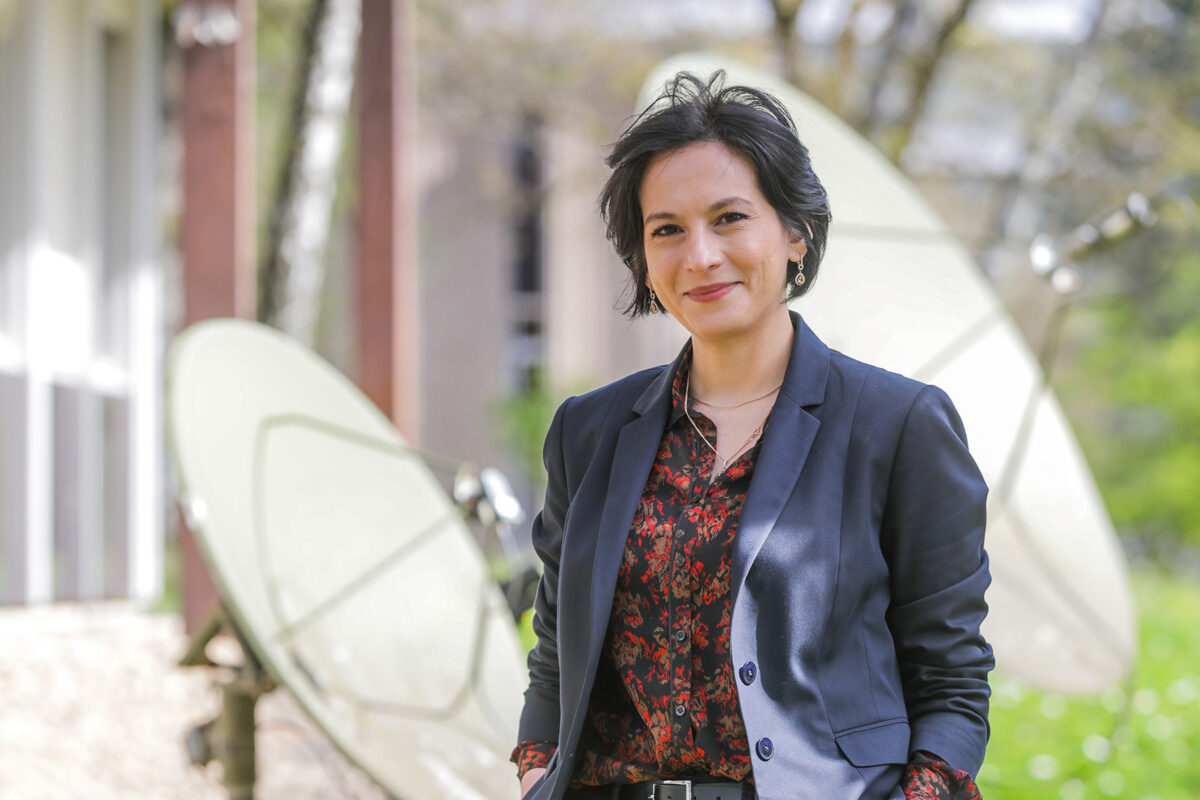)
)
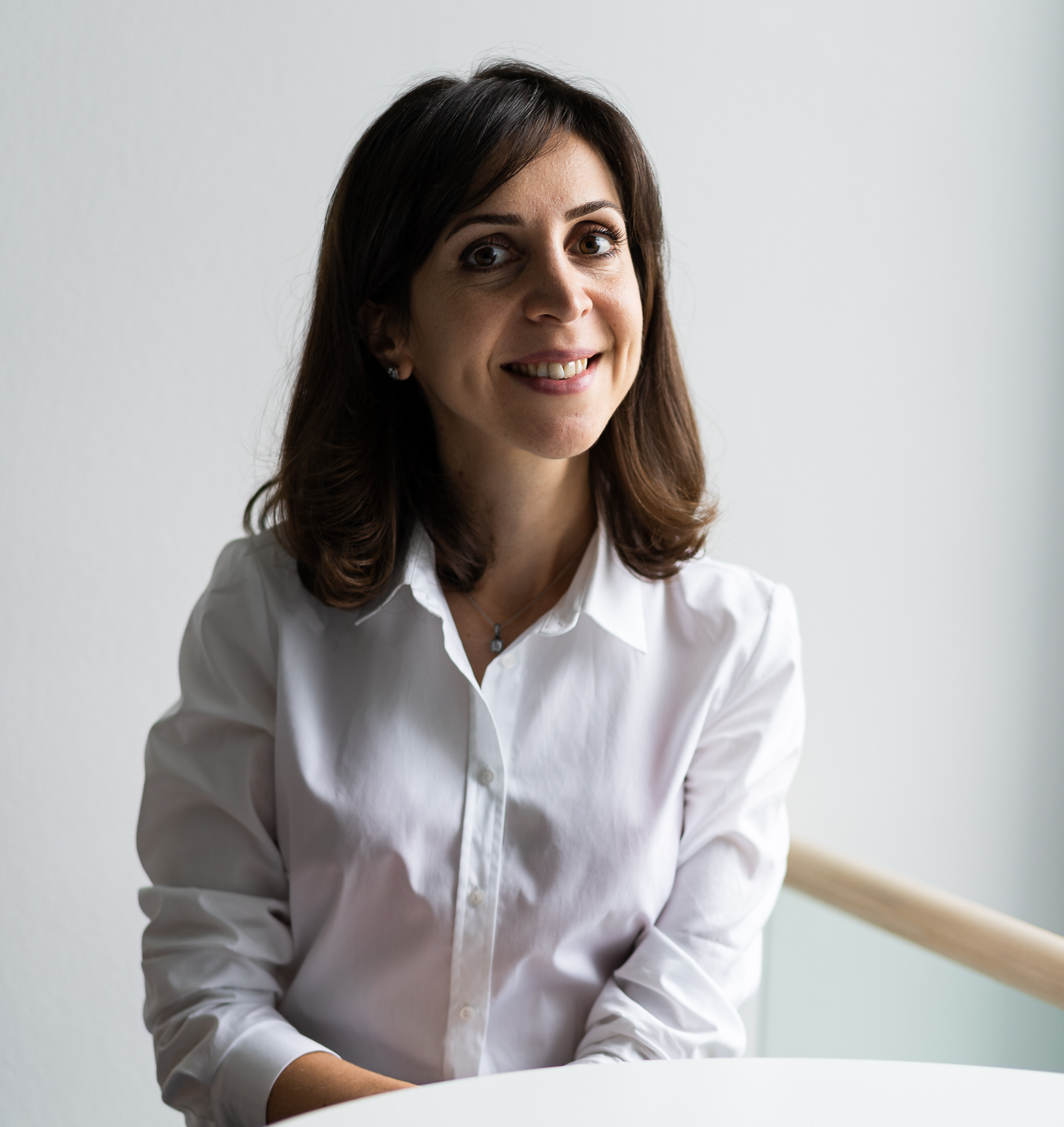)
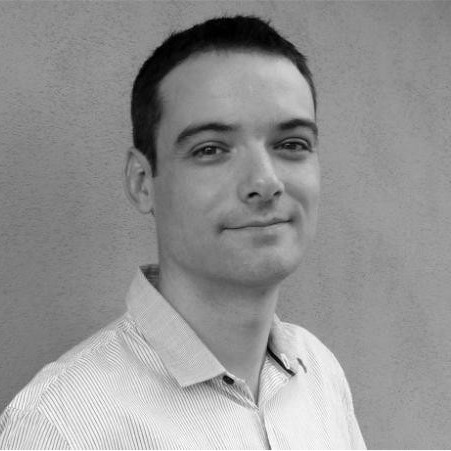)
)

